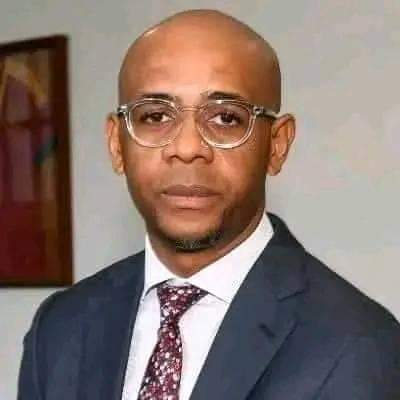
The Equatorial Guinea government has banned citizens from downloading and sharing multimedia content photos, videos, and audio files on WhatsApp using mobile data.
This controversial decision has left many frustrated as they must now rely on WiFi networks for communication, making the process feel cumbersome and precarious.
As reported by Ahora EG local news platform, this restriction follows the introduction of new guidelines for telecommunications operators.
While these guidelines aim to limit access to inappropriate content, they simultaneously raise concerns about censorship and the impact on free expression within the community.
The situation is further complicated by a scandal involving Baltasar Engonga, the Director General of the National Financial Investigation Agency (ANIF).
Engonga is embroiled in a fraud investigation linked to over 400 videos showcasing his sexual encounters with married women, including those married to high-ranking officials.
These videos, recorded with consent, have gone viral, fueling a growing media frenzy.
The implications of the ban and Engonga’s scandal highlight the tension between governance and individual freedoms.
As these events unfold, they prompt critical reflections on the balance between safety and censorship, as well as the challenges of ensuring accountability in public office.
The unfolding crisis serves as a reminder that once certain actions are taken, such as restricting access to communication, it is difficult to reverse their effects.














